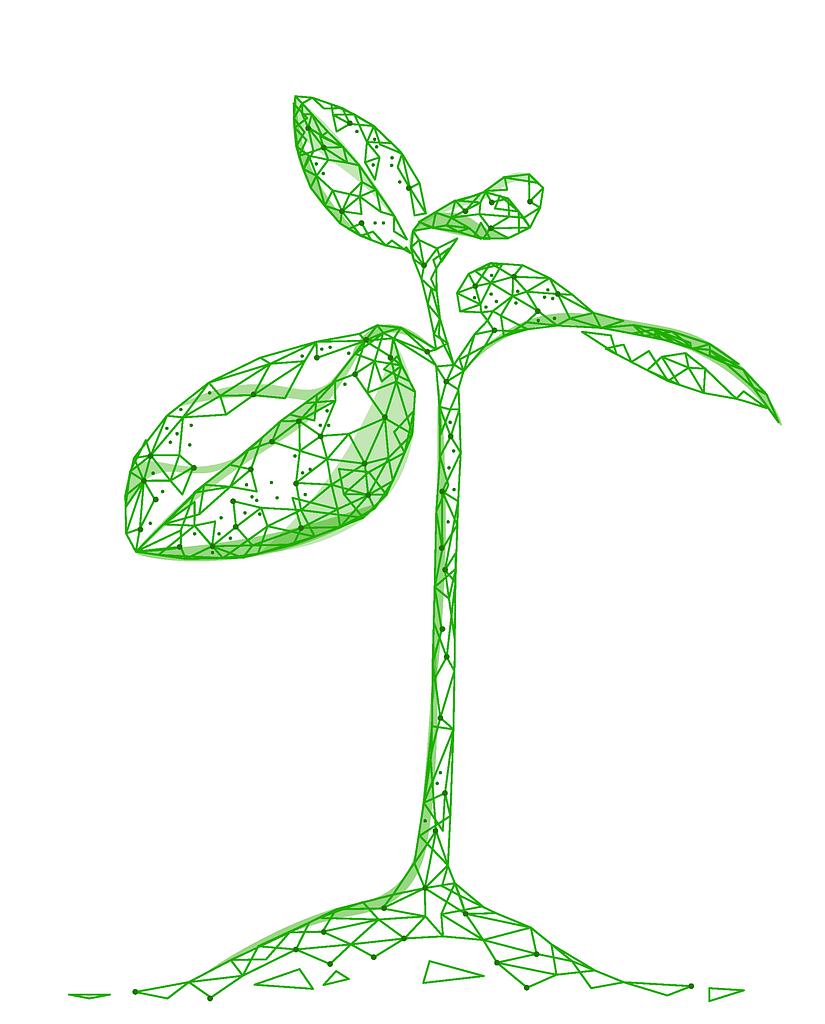Bioscienecs
We are developing plant biofactories for the industrial bioeconomy.
We establish plants as reliable, process- and guideline-compliant platforms for the biotechnological production of tomorrow. We work on an interdisciplinary basis with a wide range of expertise with the common goal of establishing plants as new biopharmaceutical production platforms. Our research and development focus combines various aspects of systems biology with basic research and applied biotechnology. This gives us a comprehensive insight into complex synthetic processes and enables us to identify bottlenecks in recombinant plant production organisms. Our systems biology approach is a key technology for understanding and predicting metabolic pathways by integrating recombinant pathways into cellular processes and making them controllable by internal and external stimuli. The comprehensive analysis of metabolic pathways, together with expression analysis along the proteome and transcriptome, enables knowledge-based manipulation of plant hosts and the design of tailor-made plant production organisms. In this context, we aim to push our current scientific boundaries by establishing new plant platform organisms.
Comprehensive analysis keeps everything in perspective
Proteomics plays a key role in the production of recombinant proteins by plants. Recombinant proteins are biotechnologically produced proteins that we produce to customer specifications using transiently transfected plants on our expression chassis. Proteomics makes it possible to analyse all the proteins in a cell, including their structure and function. This is particularly important in recombinant protein production as it allows us to monitor and optimise the efficiency of protein production.
The main applications of proteomics in our production are
- Monitoring protein expression: Proteomics techniques can be used to monitor the quantity and quality of the recombinant protein produced.
- Optimisation of production conditions: By analysing the proteome, we can optimise the conditions for protein production in the plant to improve the yield and quality of the recombinant protein.
- Identification of post-translational modifications: Many recombinant proteins require post-translational modification, which is a particular strength of our plant production systems, to achieve their full functionality, especially in pharmaceutical applications. We use proteomics techniques to identify and characterise these modifications.
- Quality control: Finally, we use proteomics in quality control to ensure that the recombinant proteins produced meet the required standards and requirements of our customers.

In-depth analysis
In summary, proteomics is an indispensable tool in recombinant protein production, helping to improve the efficiency and quality of protein production.
We also carry out transcriptome analyses, which allow us to analyse all active and expressed genes in a plant cell. The transcriptome is the sum of all genes transcribed in a cell at a given time, i.e. the totality of all RNA molecules produced in a cell. It is comparable to the proteome, which is the sum of all proteins present in a cell at a given time. The proteome and the transcriptome of a cell are not identical because not all RNAs present after transcription, such as rRNA or the RNA of ribonucleoproteins, are translated into proteins, and mRNAs can still be processed. This gives us a complete picture of the performance of our plant expression chassis.

BIONFARMING
Scaling like nature
BionFarm are designed to be grouped together for greater performance. Connecting two or more BionSpheres together creates a network effect and with significant economies of scale. The BionFarm can be manufactures economically in large numbers, applying the highly efficient methods used in automotive production. In this way, plant growth can be optimised to meet any demand

